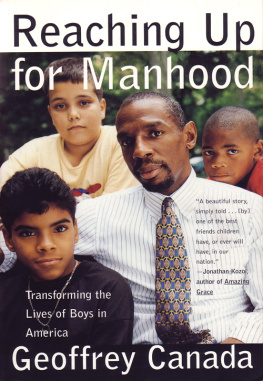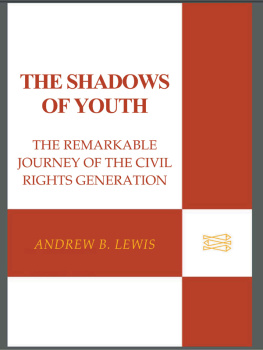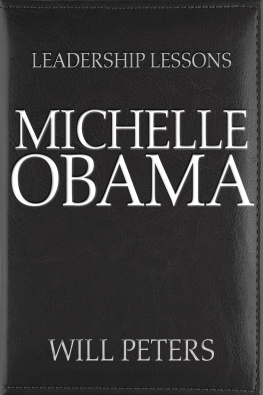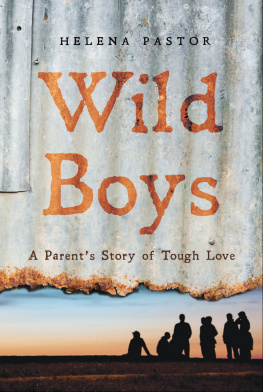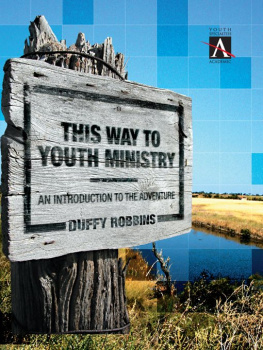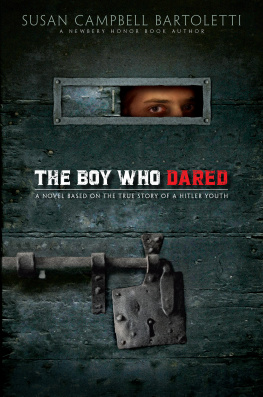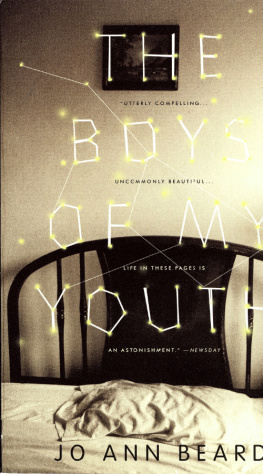ALSO BY GEOFFREY CANADA
Fist Stick Knife Gun:
A Personal History of Violence
in America

To my children:
Those namedMelina, Jerry, Bruce,
Pascal, Alex, Sandra, Regine, Elsie, Humberto,
and Raymondand those not named.
I love you. Dont forget it.
Preface
T HEY WERE dying again. There was no one I could talk toI felt I was the only one who could see the connection, that my friends from two different places of my growing up, the South Bronx and Wyandanch, Long Island, were dying. It brought on the feeling that it would never end, that my men friends would die and die, and keep on dying until I would be the only man left at the funeral. I knew I was overreacting, but this was not the first time death had run up the score on me, had taken my friends, not one every now and then, but in bunches.
Most of the deaths happened a long time ago, when we were young men. Back then the calls came one after another, bringing the news of another friend lost. It got so that after the first sentence you knew what was to follow.
Geoff, has anybody told you? Its D. J., man. Hes dead.
You heard about Mikey? Aw man, he just had a kid. ODd.
You aint gonna believe this. They found Warren in a lot with trash and stuff. They killed him.
I dont know what it was. They said he just died. Was sick or something.
And then, just like that, it stopped. And those of us who survived and became men, and started families, remembered our friends. We thought about why so many died so young. We retold stories about how recklessly wed lived life in our youth. For all of us it started when we were boys. We were raised on old myths and tall tales of what it meant to be a boy, and what it took to become a man. We were taught to love being tough. We played contact sports and laughed in glee at opponents knocked senseless on the football field, and for these small bits of viciousness we were pounded on the back, or patted on the backsidethe ultimate one-hundred-percent-all-male thing you could do in a sporting environment. We learned to do all the things that we were taught men did; we played hard and fought hard, drank hard and drugged hard. And in the end those of us left could look back and see wed paid the price.
But the deaths had stopped many years ago, and in my forties Id become convinced that I would be able to grow old with my friends, the boys who had survived to become men. Now suddenly death was back.
Frank was first. Id gone to high school with him in Wyandanch. He was best friends with my younger brother, Reuben, and had spent many a day and night with us when we were kids. He was forty-three.
I was still reeling from the news of Franks death when I heard about Clarence. Clarence had the apartment underneath my familys when we lived on Union Avenue in the South Bronx. When my brothers and I wrestled and jumped off our beds, it was Clarences family that complained about the noise and the plaster falling from the ceiling. Clarence died at forty-five.
Eddie died the same week. We were family through marriage. My brother John married Eddies cousin Dorothy. We all played varsity football and basketball together. When that call came in I kept asking over and over, You mean Eddie? Eddie who I played basketball and football with? That Eddie? Eddie died at the age of forty-five.
Three deaths in two weeks. For a while I was afraid to hear the telephone ring, fearing it would be more bad news. The deaths had reminded me and my remaining friends from high school that we were quickly becoming the last of our group. At the funerals you couldnt help but notice that there were many women from high school and few men. I was also struck by the fact that both Eddie and Frank had sons who were young men now as we had been. I was drawn to them, imagining how deep their grief must be over losing their fathers. I imagined how my own sons would feel and wanted to say something to ease their pain. I pulled each one of the boys over and told them what good men their fathers had been. I talked about how kind and generous they were, how much love they had in their hearts. I told them about their sense of loyalty and fair play, the fact that they would do anything to help a friend in need. I told the sons that their fathers were strong men, proud men, compassionate men.
Later, after the shock of the deaths had begun to wear off and I was convinced that the Grim Reaper had found greener pastures to harvest for a while, I reflected on what I had said to Frank and Eddies sons about their fathers. I realized I hadnt told them that both of their fathers were tough, could fight with the best of them, had what we used to call heart. I hadnt told Eddies son about the time I got lost and went into a bar to ask directions and got chased away because they didnt allow blacks in that bar. How Eddie was so furious he made us go back and dared anyone to ever mess with my cousin again. How single-handedly he had cowed the whole bar. Now that was heart. These were the kinds of actions that we thought defined manhood when we were young, yet I had told the sons about their fathers softer sides, about the things we would never admit to being or feeling when we were teenagers.
The deaths of these three friends in such quick succession brought home a lesson Id begun to learn six or seven years before. In my old neighborhood in the South Bronx, the first Sunday in August is called Old Timers Day. On that day each year, those of us who grew up in the area come to a local playground where as children we played basketball and softball, and we talk and reminisce about the old days on the block. At first when I began going to Old Timers Day I would search out people I hadnt seen in thirty years and try to associate these men with the children I had run the streets with. And I was so happy to see that some of us had made it that it took me three or four Old Timers Day celebrations before I began to notice that many of my friends, these men I thought were so lucky to have survived those tough years growing up, had actually developed habits as boys that they continued as men, and that they were far down the road to self-destruction.
It got so that each year we stood around and talked about who had died the year before. So many of the deaths involved alcohol and cigarettes. As boys we were hard-drinking, two-packs-a-day cigarette-smoking teenagers, and proud of it. After college, I had stopped the smoking and the heavy drinking, although many of my friends had not, and I still thought that if you lived to be an adult without being hooked on hard drugs you had made it. Now I was shocked to see what two or three decades of excessive use of alcohol and tobacco could do to someone. These men looked old beyond their years. Looking at my friends, I began to realize that the things we did as young boys were still haunting many of us as we entered our forties.
More and more I have become concerned with what boys think they should be, with what they believe it means to be a man. Our beliefs about maleness, the mythology that surrounds being male, has led many boys to ruin. The image of male as strong is mixed with the image of male as violent. Male as virile gets confused with male as promiscuous. Male as adventurous equals male as reckless. Male as intelligent often gets mixed with male as arrogant, racist, and sexist. If we look around and see too many men in jail, on drugs, abandoning their families, acting without compassion or even violently, we as a society must shoulder the blame and take responsibility for change. Boys find themselves pulled and tugged by forces beyond their control as they make the confusing and sometimes perilous trip to manhood. Some lose their way. While reaching up for manhood they tumble over a moral and ethical precipice and many can never scale their way back up. We must all spend more time trying to understand what happens to boysand how we can help shape them into better men.

